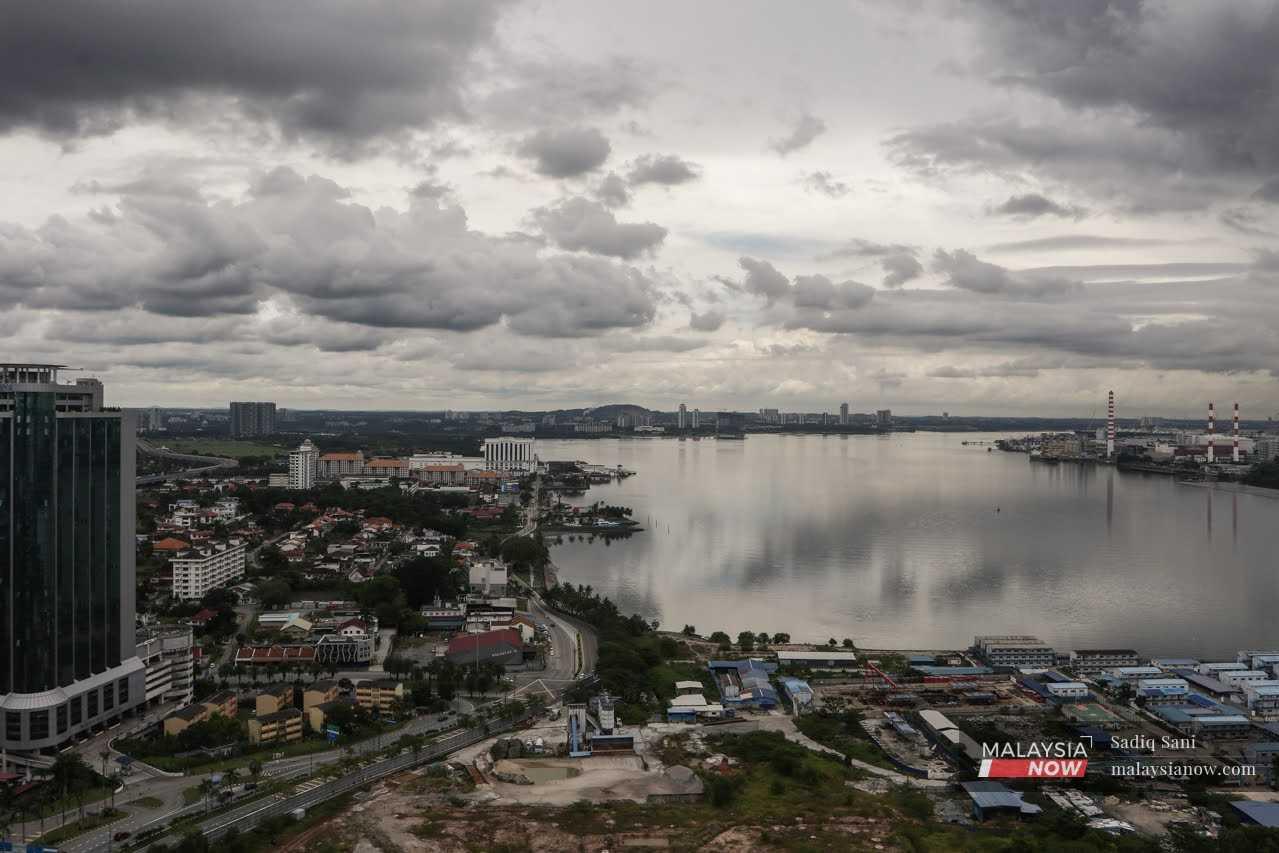Working in Singapore but still living in Malaysia to make every dollar count
For many Malaysians working in the island republic, living in Johor and commuting across the causeway is the logical thing to do.
Just In
For many Malaysians, working in Singapore might be the dream due to the city-state's close proximity with home – and the pay cheque that comes at the end of every month in Singapore dollars.
Living in Singapore and grappling with the cost of living there, however, is another story.
For those working in the island republic, living in Johor and commuting across the causeway for work each day has become the logical solution.
Speaking to MalaysiaNow, economist Yeah Kim Leng described this as a sensible strategy.
Yeah, of Sunway University, said earning Singapore dollars and spending in ringgit would maximise savings and bring about profit for such individuals.
"Spending in ringgit is like spending a third of the Singapore dollar," he said.
"When you've worked in Singapore for a year, it's as though you've worked for three years in Malaysia."
As of Aug 19, one Singapore dollar was equivalent to RM3.23.
Referring to the exchange rate, Yeah said those who earn S$4,000 would be categorised as T20 in Malaysia as this would amount to just over RM12,900.
But Shahruddin Hael Helmy Mohd Noh, who works as a sales consultant in Singapore and has lived there for nine years, said even though the value of Singapore's currency is higher than that of Malaysia, most locals prefer to live in Johor and make the trip across the border due to the difference in cost of living.
He said those who work in Singapore but earn less than S$2,000 – still a lot of money if converted to ringgit – would struggle in the city-state.
"Monthly rental for an apartment in Singapore is about S$800 or RM2,580," he said.
"With this amount of money, I could rent a terrace house or even a bungalow if I lived in Malaysia."
Shahruddin, who was formerly part of the police force, said living in Malaysia also makes owning a car easier, and involves lower medical expenses especially for locals due to the various government initiatives.
In Singapore, he said, most people who own a vehicle are either from the high-income bracket or working in the e-hailing industry.
"Road tax and fuel prices in Singapore are also very high," he said.
"Coupled with the policy of disposing of vehicles that are older than 10 years, it is very difficult for those in the low-income group to own a car.
"In Malaysia, if you earn RM4,000 or even RM3,000 a month, you can still buy a house or a car."
But for Mohd Faiz Mustaffa, an engineer who has worked in Singapore since 2007, there are rarely many complaints about the high fuel prices or the inability to own a car as the city-state has excellent public transportation facilities.
"The price controls for goods are also good," he said.
"I very rarely hear complaints about a sudden increase in the price of goods unless it involves the price of oil."
Even the price of food in Singapore is not too far off from that of Malaysia, he said.
Yeah said many who work in Singapore are driven by the offer of high salaries and increments that better match the rise in cost of living than those in Malaysia.
He said the clearest indicator of the financial pressure on Malaysians was the massive amount of retirement savings withdrawn over the course of the pandemic.
On Aug 8, Deputy Finance Minister I Mohd Shahar Abdullah told the Dewan Negara that RM155 billion had been withdrawn from the Employees Provident Fund.
As of June 30, 6.62 million contributors or 52% of the EPF's 12.78 million members under the age of 55 had savings of less than RM10,000.
Of these, 4.99 million contributors or 75% were from the Bumiputera community.
"Now, even those in the M40 group don't have emergency savings or savings for retirement," Yeah said.
"Just look at how much has been withdrawn from the EPF – it's very worrying.
"This is an indicator that salaries have not been rising quickly enough for 50% of the population."
Subscribe to our newsletter
To be updated with all the latest news and analyses daily.
